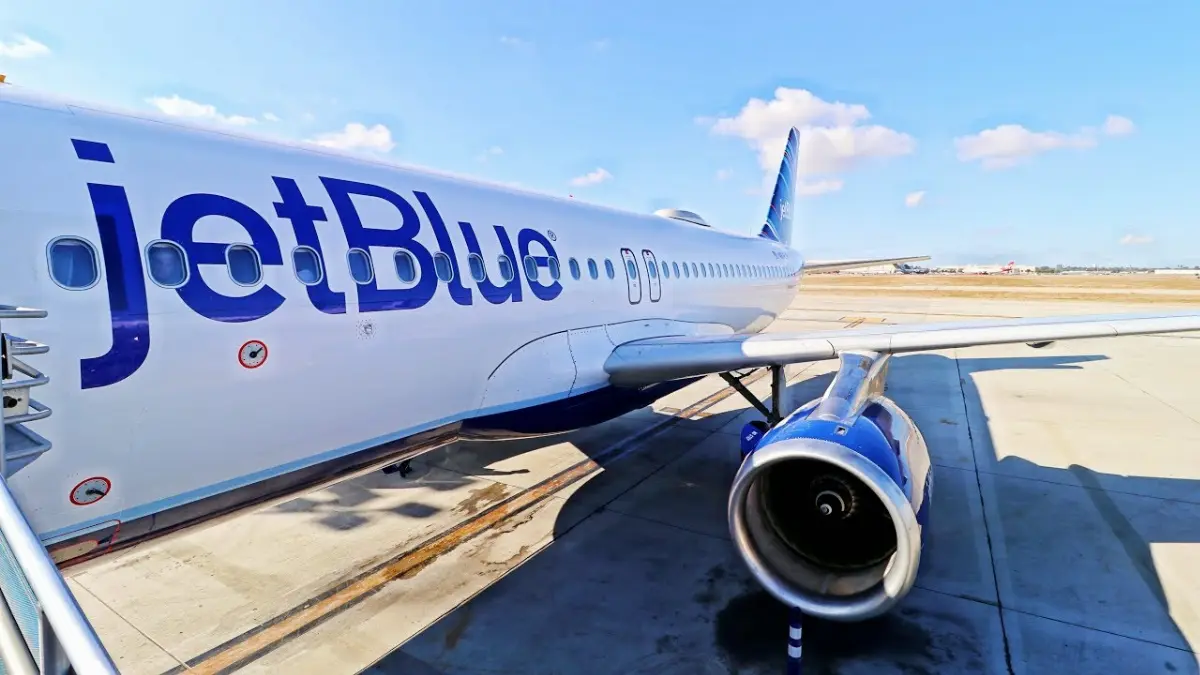
US: the race of airlines towards mergers
Control agencies are often lax, but they have seen their mistakes

In the United States, as well as to a lesser extent in Europe, there is a growing rush towards mergers between air carriers. Over the last 15 years these have led to the birth of large industry giants such as United Airlines, Delta Air Lines and American Airlines. The three companies, together with the low-cost Southwest Airlines, today dominate the American air transport market. However, this is not synonymous with a better and more efficient service.
"If there's one lesson we've learned from the recent history of the airline industry, it's this: the bigger airlines get, the worse they get. Prices go up, seats get smaller, service gets ruder", explains Tim Wu, professor of law at Columbia University, author of the book "The Curse of Bigness: Antitrust in the New Gilded Age".
"We've ended up with airlines that offer less at a higher price and have become better than ever at getting bailouts from the US Congress. This is the context -explains Wu- in which JetBlue Airways is now trying to buy Spirit Airlines , the nation's largest ultra-low-cost airline. The deal, if permitted, would make JetBlue the fifth-largest airline in the country and further reduce competition in the industry".
The US Department of Justice therefore sued to block the JetBlue-Spirit deal. According to analysts, in fact, if Spirit stops flying on a route, the average fare will increase by +30%. "Companies cannot be expected to discipline themselves when the benefits of reducing competition are so great". Regulatory agencies "have contributed to this failure over the years, but have recently seen the error of their ways. The courts must follow suit", Wu concludes.
On the same topic, see also the article published by AVIONEWS.
AVIONEWS - World Aeronautical Press Agency